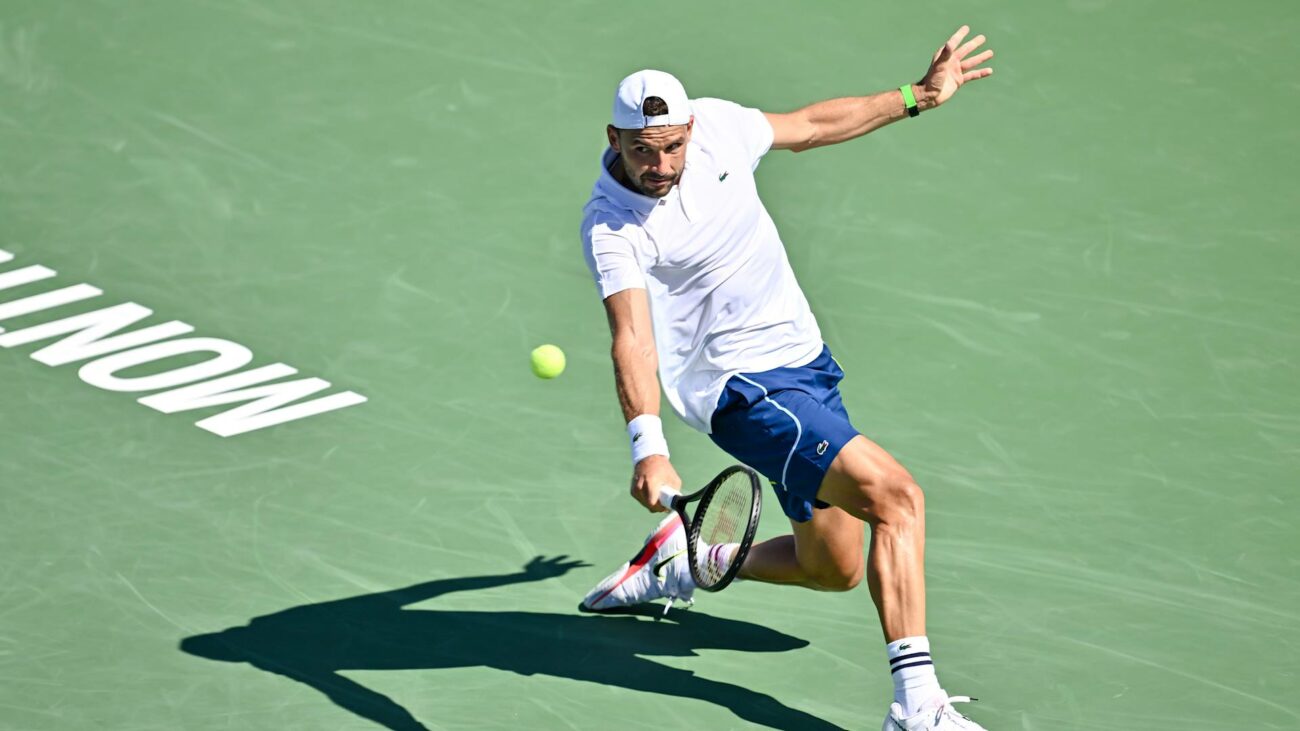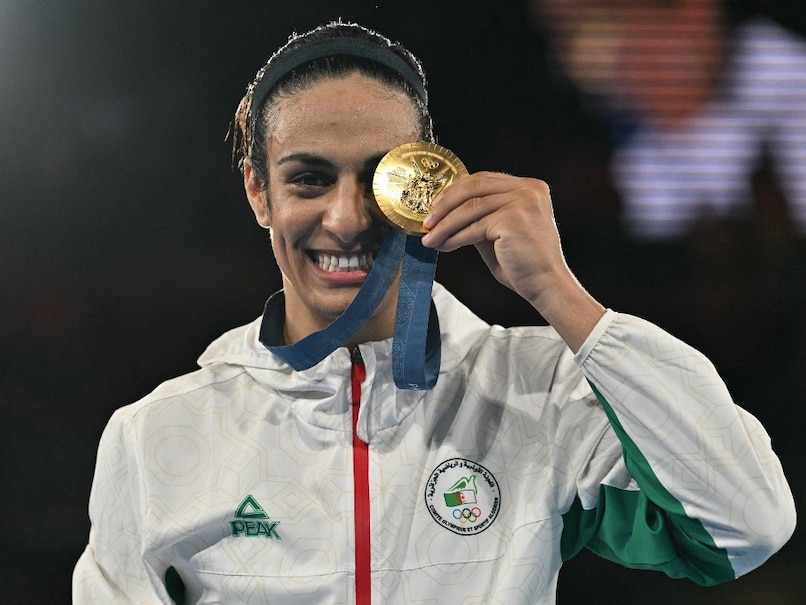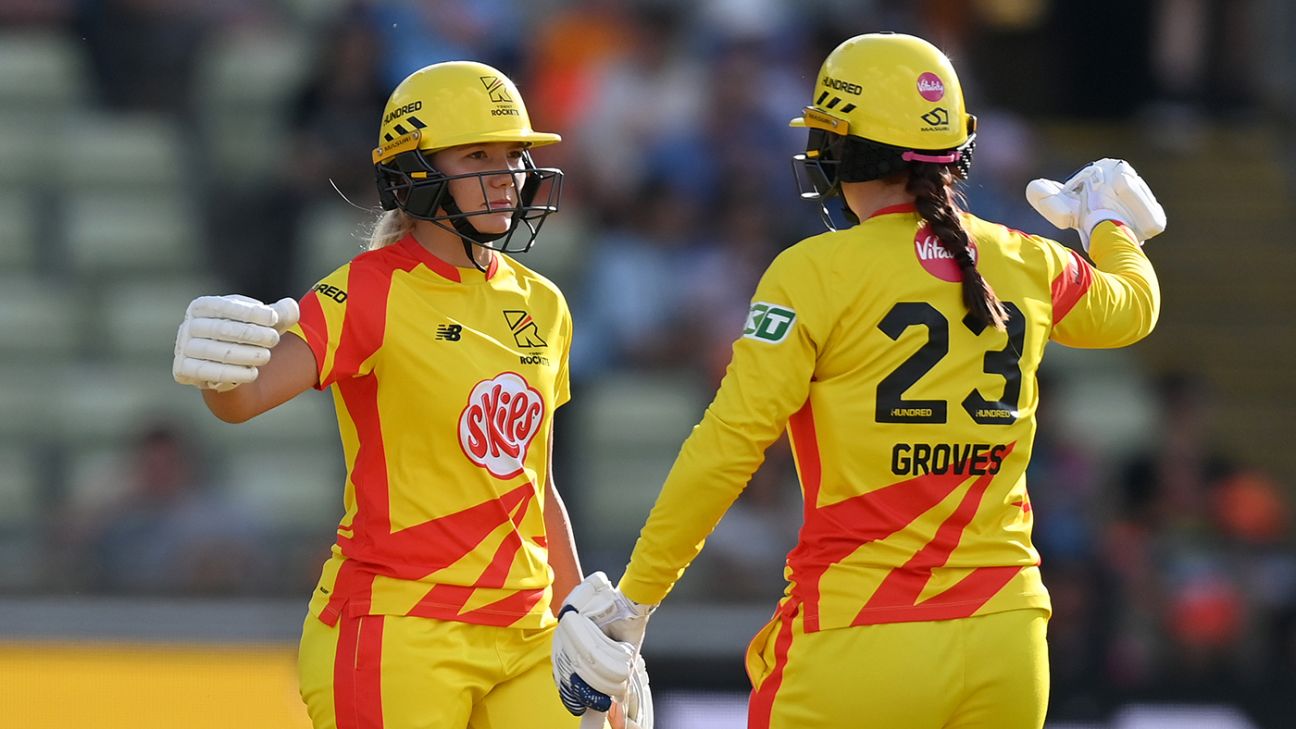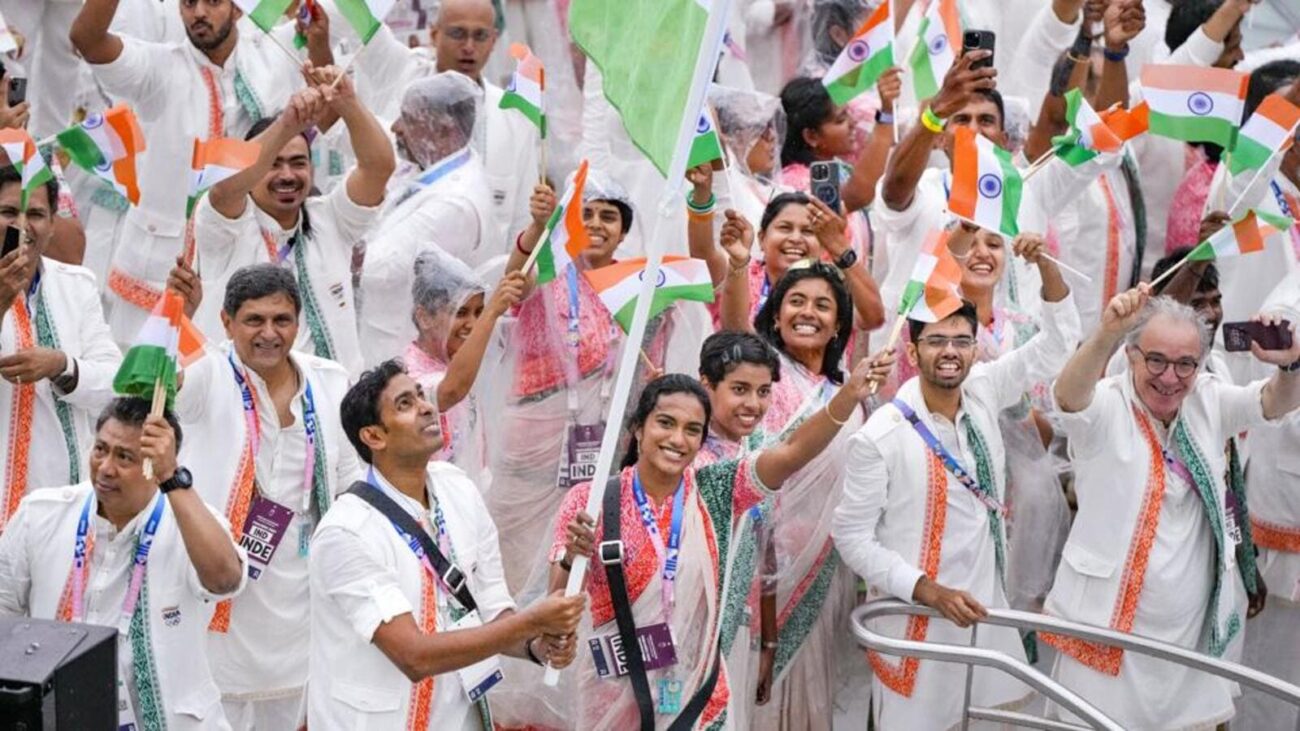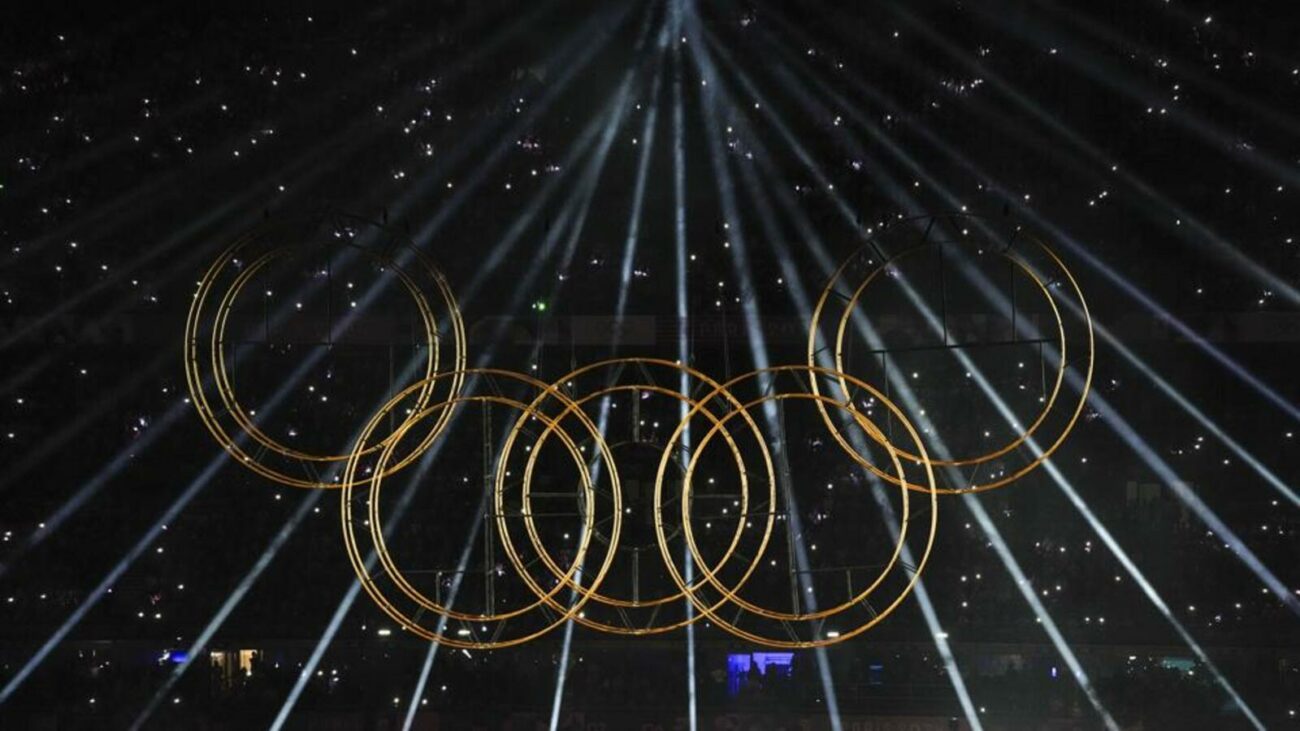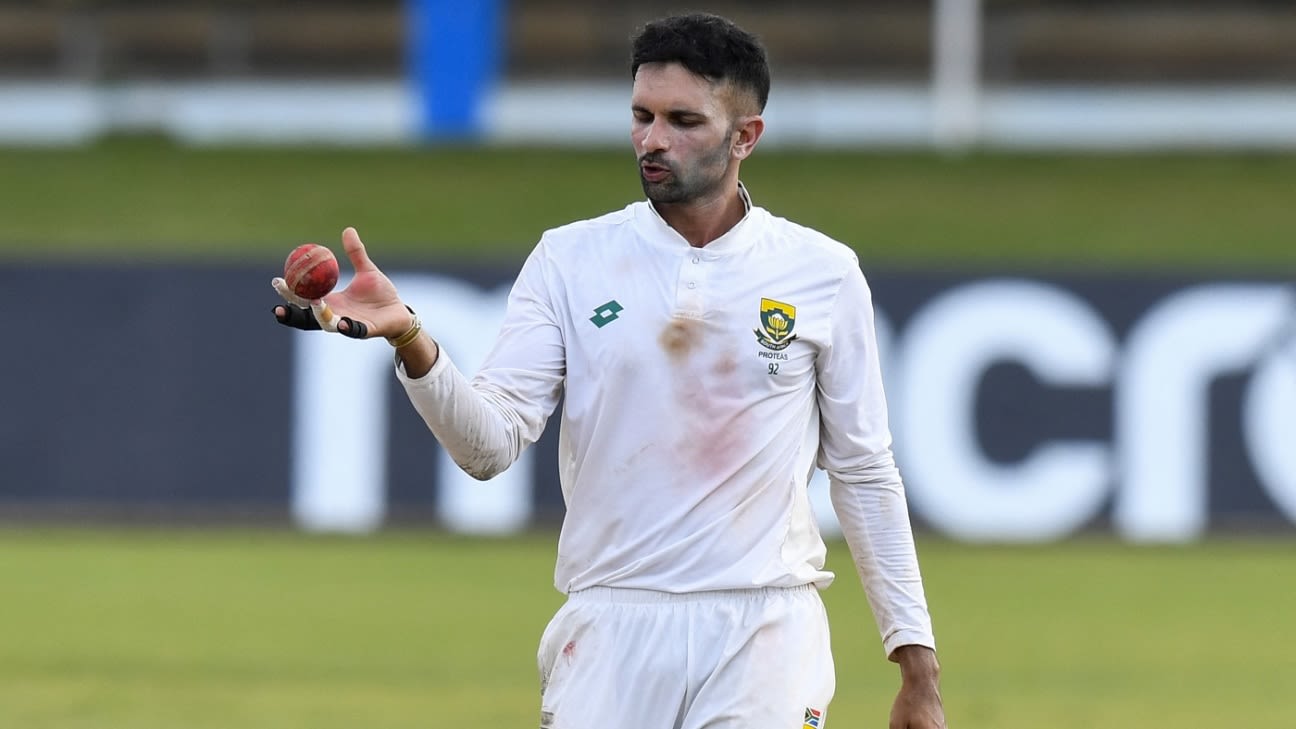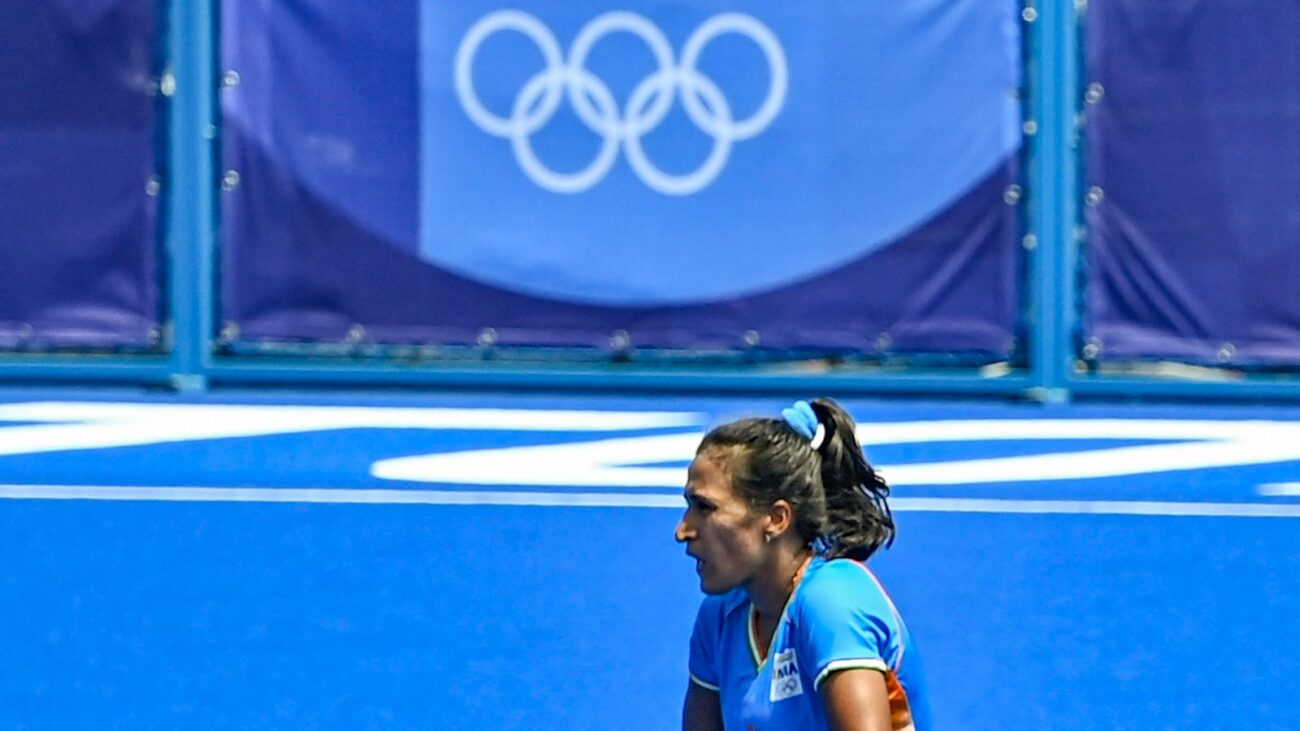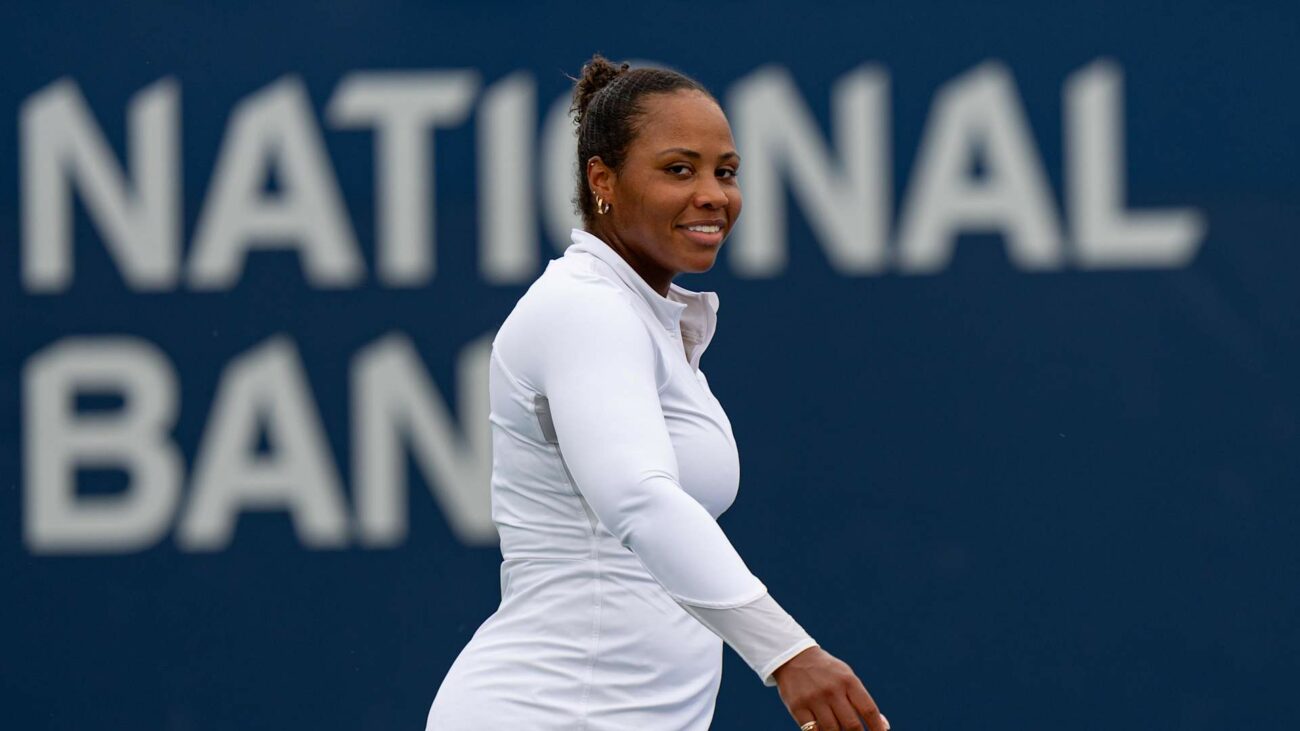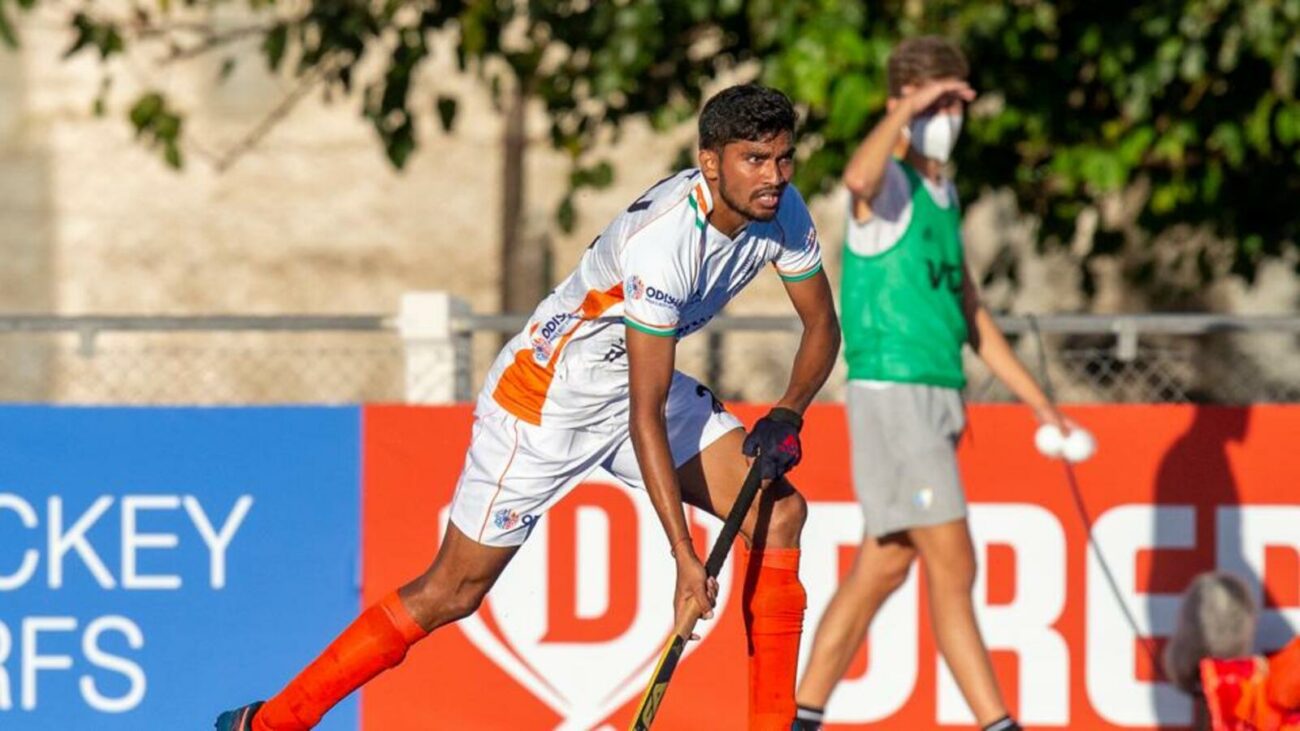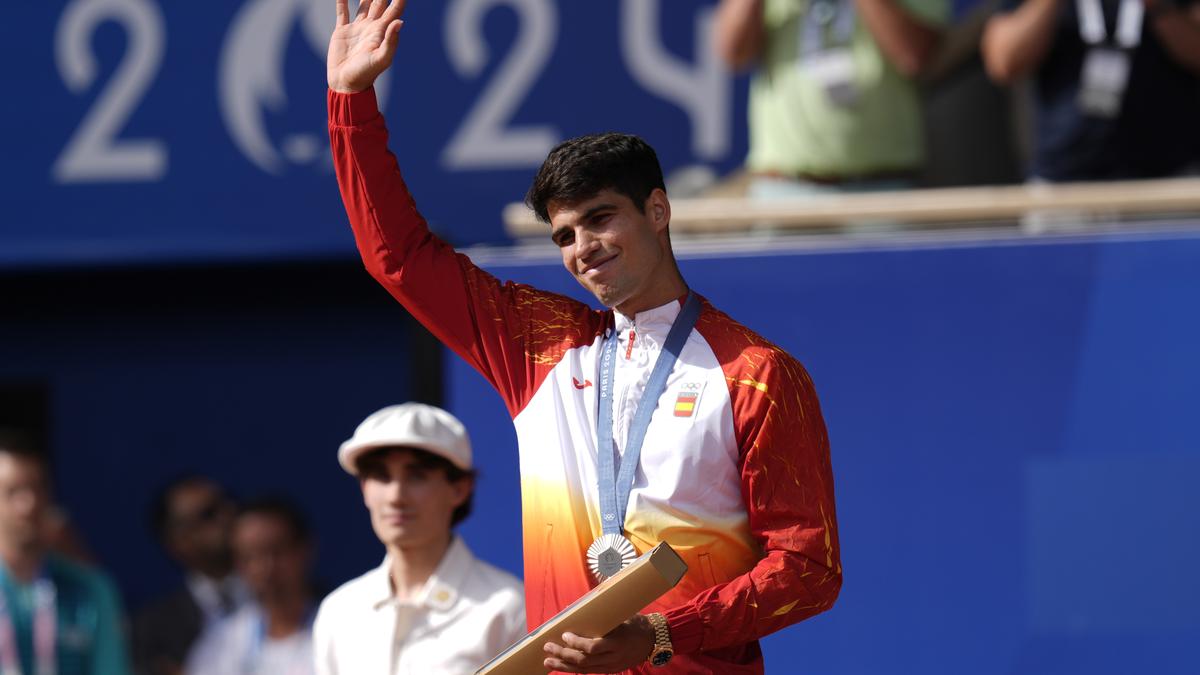ATP Stars Unite to Keep One-Handed Backhand Alive
The one-handed backhand, a once-ubiquitous stroke in tennis, has faced a decline in recent years. However, a group of ATP Tour stars, including Grigor Dimitrov, Lorenzo Musetti, and Stefanos Tsitsipas, are determined to keep the shot alive.
In a humorous tribute video, these players poked fun at the challenges of transitioning to a two-handed backhand. Dimitrov joked about the difficulties of using two hands for everyday tasks, such as brushing teeth and eating lunch.
Despite the lighthearted tone, the video underscores the players’ commitment to preserving the one-handed backhand. Dimitrov, now 33, has long been a vocal advocate for the shot. Earlier this year, he declared himself the “biggest supporter” of the one-handed backhand.
In February, for the first time since the inception of the ATP rankings in 1973, there were no players with a one-handed backhand ranked in the Top 10. However, Dimitrov and Tsitsipas have since rectified that situation.
Dimitrov believes that the one-handed backhand is a unique and beautiful shot that deserves to be preserved. He encourages other players to continue using the shot and pushing its boundaries.
“I think the beauty of the one hand is just there’s so much to it in order to hit the ball right with one hand,” Dimitrov said.
The one-handed backhand may be facing challenges, but it is far from dead. With players like Dimitrov, Musetti, and Tsitsipas leading the charge, the shot is sure to continue to grace the courts for years to come.

